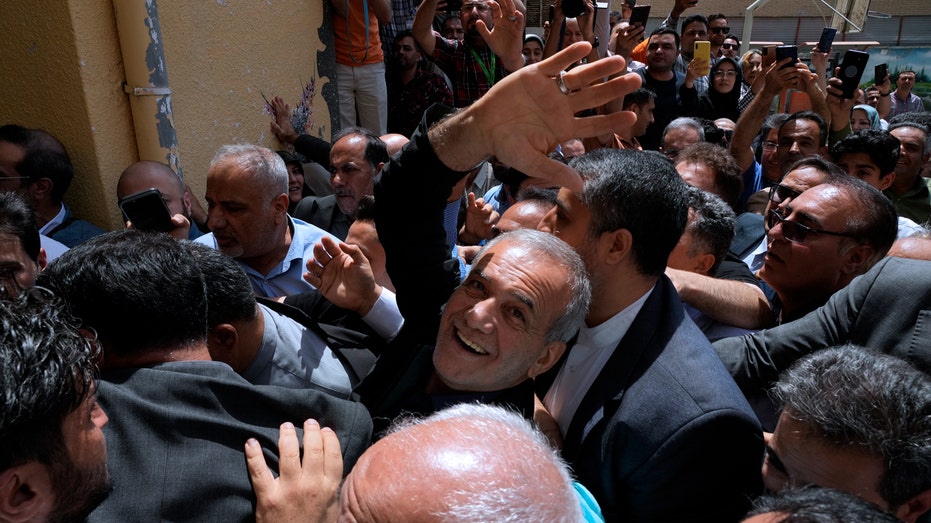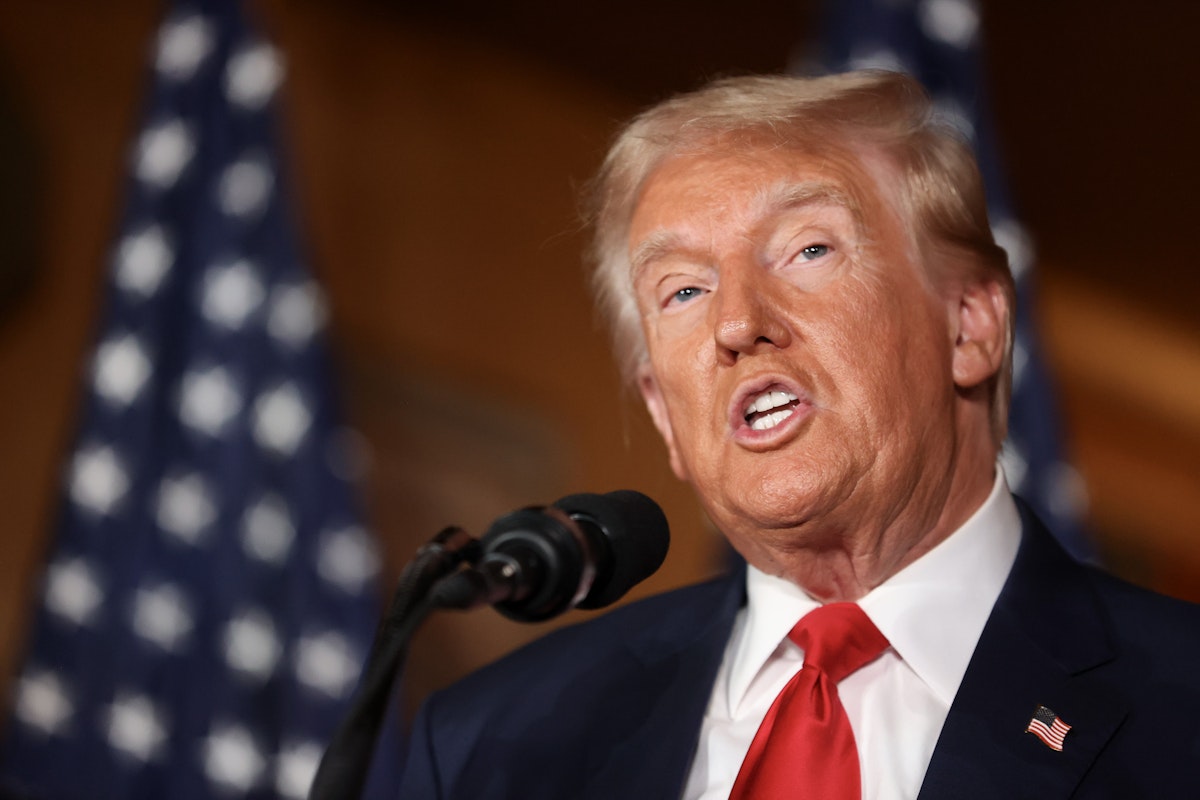Here's what you need to know about Iran. They don't just call Khamenei supreme leader
Despite claims that the new Iranian president-elect is a reformer, nothing could be further from the truth. And it wouldn't matter anyway. There's only one man in power in Iran.

Some in the media, who may not fully understand the power structure of the Islamic Regime of Iran, got excited about the news of a new president-elect. They may not realize that this title is one of the most meaningless in Iran’s hierarchy. Masoud Pezeshkian, whom some call the reformist president for change, has the supreme leader’s permission only to make trivial changes, such as changing his pants, and even that might require consulting Khamenei’s inner circle of trusted advisors!
For instance, after being named "president-elect," Pezeshkian eagerly called for a press conference, which was immediately canceled by the order of the supreme leader. Instead of addressing the media, Pezeshkian announced he would meet with Khamenei.
During this meeting, the supreme leader provided him with a laundry list of terrorist leaders in the Middle East, including Hassan Nasrallah, the head of Lebanon’s Hezbollah; Bashar Assad, the dictator of Syria; and Ismail Haniyeh, the leader of Hamas, whom Pezeshkian was instructed to support with official letters. He complied, fulfilling the supreme leader’s wish list.
As a reminder, in the Islamic Banana Republic of Iran’s constitution, there are indeed three branches of government. However, as I detailed in my recent book, "The Spirit of the Constitutional Law," there are additional branches that inject the "two deadliest poisons" into the document: absolute power and official religion.
The mullahs, who seized power in 1979, ensured that by creating extra branches such as "the Supreme Leader position," along with "the Guardian Council" and "the Assembly of Experts," they could control the legislative, executive and judiciary branches indefinitely, maintaining their hold on power. This tactic has been used for the past 45 years to manipulate the results of any elections in Iran.
Due to these tactics, all three branches of government are essentially meaningless and powerless, with all real power concentrated directly in the hands of the supreme leader. It should be clearer now that the term "president-elect" in Iran is a joke; the correct term should be "supreme leader select!"
Now, let's examine the background of the newly selected president, Masoud Pezeshkian, to determine if, even without this façade system, he could be considered a "moderate" or "reformist" in any way. In a 2014 interview with the regime’s state TV, Pezeshkian proudly stated that he was the first to enforce mandatory hijab in universities and hospitals before it became law. He also admitted to being a key instigator of the "Islamic cultural revolution" in Iran.
CLICK HERE FOR MORE FOX NEWS OPINION
On April 15, 1980, during a speech by one of the most radical revolutionary mullahs, Ali-Akbar Hashemi Rafsanjani, at Tabriz University, Pezeshkian, then a medical student and head of the Islamic Students Association at his school, led attacks on other student organizations. This involved shutting down all other student groups and occupying the entire University of Tabriz with his associates.
Three days later, the founder of the Islamic regime, Ayatollah Khomeini, approved of Pezeshkian's radical and violent methods and ordered the establishment of the "Cultural Revolution Headquarters." This entity was tasked with closing down all schools and universities across Iran, burning textbooks, firing professors and students, and rehiring only those loyal to the Islamic regime. The textbooks were rewritten to align with the Islamic ideology of the mullahs in power.
Hundreds of thousands of professors and students were arrested, fired, exiled and even executed during the four years until 1984, when the universities began to reopen, completely transformed to support the Islamic regime. This cultural revolution method was copied from Communist China's founder, Mao Zedong, whom Masoud Pezeshkian, as a Marxist-Islamist revolutionary, greatly respected.
Fast forward, Pezeshkian has been a loyal instrument of the supreme leader for nearly half a century. On April 9, 2019, one day after President Donald Trump designated the Islamic Revolutionary Guard Corps (IRGC) as a terrorist organization, Pezeshkian, as the deputy chairman of the Islamic Parliament of Iran, mobilized his colleagues in support of the IRGC.
He mandated that they come to the parliament floor wearing their IRGC uniforms and declared, "We are proud to be IRGC," leading a chant of "Death to America" in the parliament. In November 2019, during the massacre by the IRGC that resulted in more than 1,500 protesters being executed in over 200 cities by direct order of the supreme leader, Pezeshkian stood with his IRGC comrades in support.
Given Masoud Pezeshkian’s background as one of the most radical and loyal operatives in Khamenei’s arsenal, it is predictable that he will continue the extreme anti-American, anti-Israel and anti-Western democracy policies as president, fully following the orders of Supreme Leader Ali Khamenei. Since Iran’s comrade ayatollah is heavily influenced by the Russians, the newly selected president will also likely serve as an agent of Vladimir Putin’s Kremlin.



